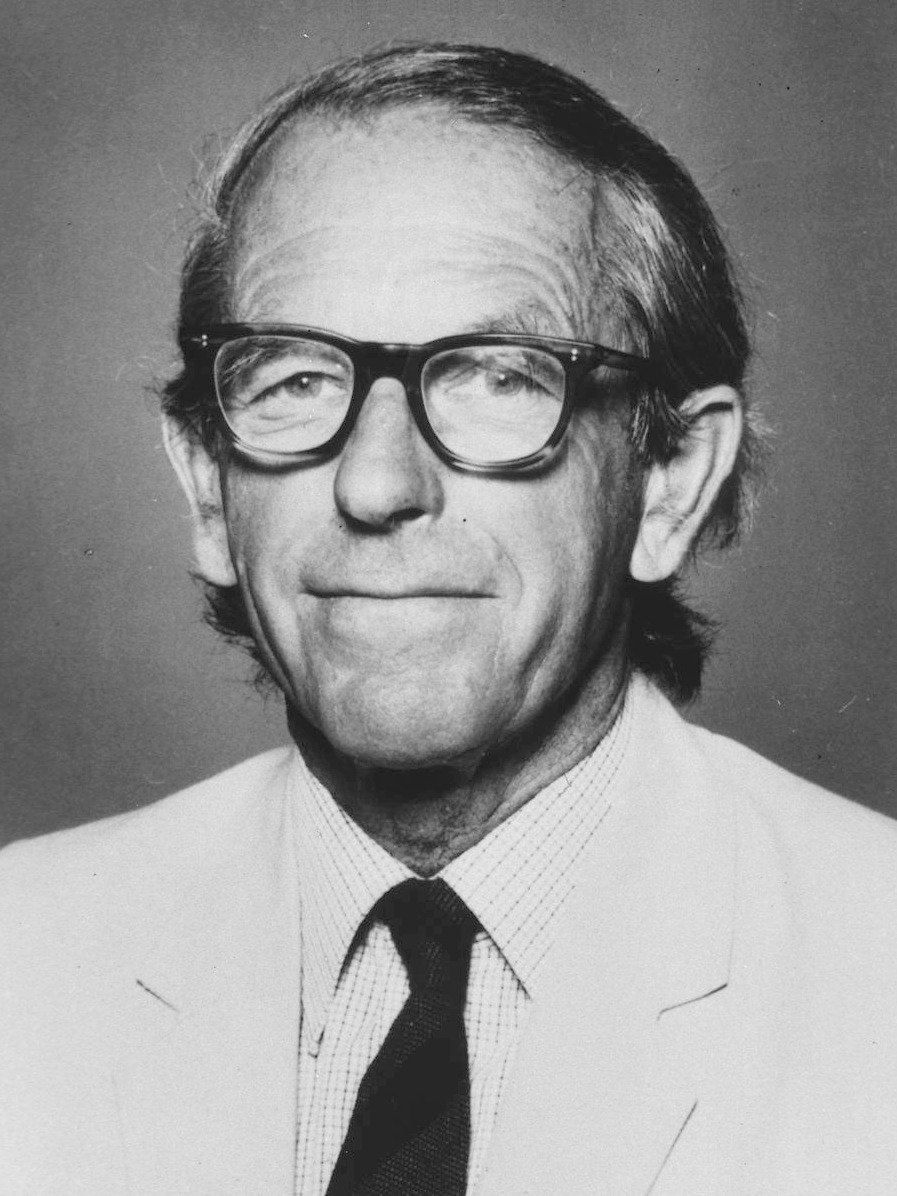 I opened my email this morning to the news that Fred Sanger had died. This was not entirely surprising, given that he was 95, but still sad. Although I have never met him, I think it is fair to say that I am one of many scientists whose careers have been shaped and influenced by the work of this great scientist.
I opened my email this morning to the news that Fred Sanger had died. This was not entirely surprising, given that he was 95, but still sad. Although I have never met him, I think it is fair to say that I am one of many scientists whose careers have been shaped and influenced by the work of this great scientist.
I still remember sitting in lectures as an undergraduate and discovering how “Sanger” sequencing worked - like many of the ideas that change the world, it was gloriously simple and yet spectacularly clever. And, I think it is fair to say, it changed the face of biology forever.
Indeed, that was back in 1977, and Sanger sequencing is still used all over the world today, even in the face of stiff competition from “Next Generation” methods. It was the sequencing method (albeit in a much tweaked and automated version) that got us the Human Genome and one of the world’s leading sequencing centres - the Wellcome Trust Sanger Institute at Hinxton, outside Cambridge - still bears his name.
The centre has a press release about the “remarkable man”, which has been written by greater wordsmiths than I:
“Fred Sanger, who died on Tuesday 19 November 2013, aged 95, was the quiet giant of genomics, the father of an area of science that we will explore for decades to come.
His achievements rank alongside those of Francis Crick, James Watson and Rosalind Franklin in discovering the structure of DNA. We are proud that he graciously agreed to allow our Institute to be named after him.
In research marked by two Nobel Prizes, he developed methods that allow us to determine the order of the building blocks of DNA and of proteins. This technique allowed the languages of life to be read.
Because of Fred’s work we have been able to interpret those languages and to use that knowledge for good.”
There is more, including quotes and links out to other resources about his work, at the site.
I remember thinking in those lectures back in Nottingham how I wished that one day I might have an idea as good as Sanger sequencing. I doubt that I ever will; instead, I will just have to settle for trying to do the best I can with all of the amazing sequence data that now exists as a result.
No comments:
Post a Comment
Thanks for leaving a comment! (Unless you're a spammer, in which case please stop - I am only going to delete it. You are just wasting your time and mine.)